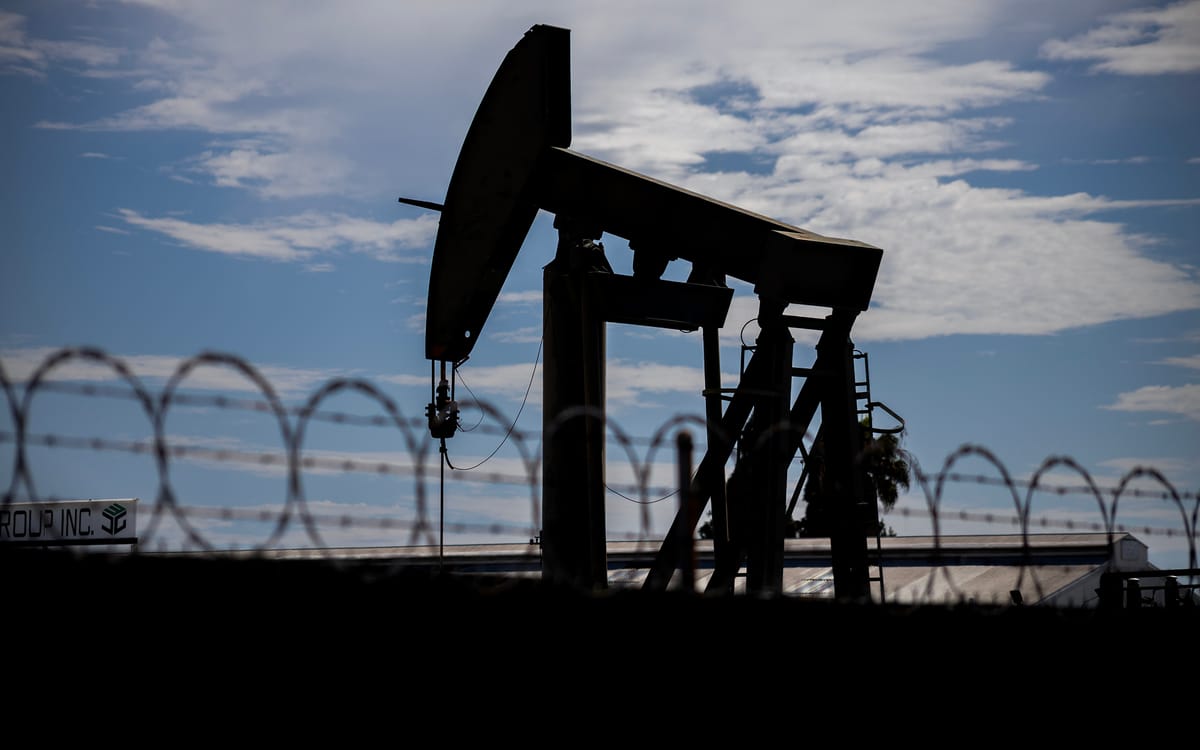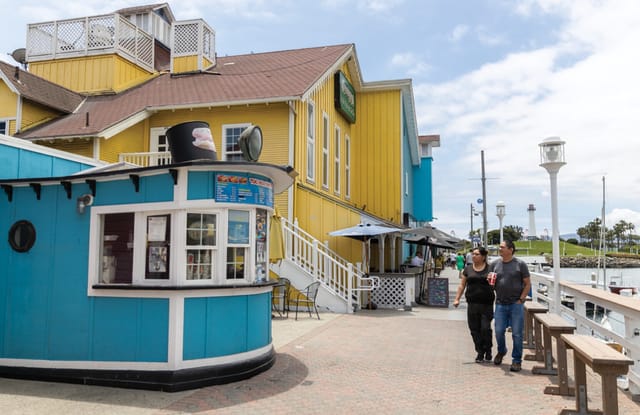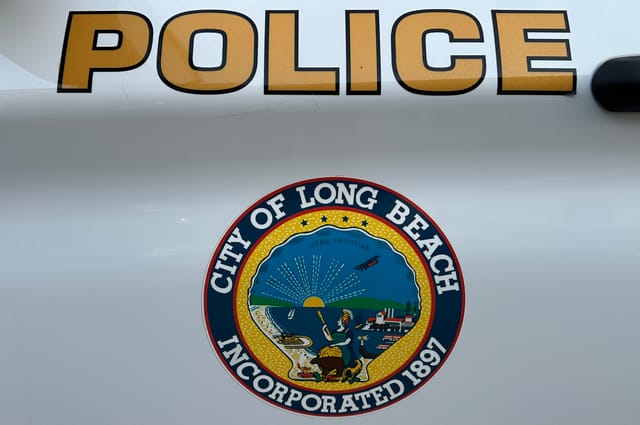A California ballot measure to quash new oil well restrictions is being withdrawn. What does that mean for Long Beach?
Proponents say they’re planning a legal challenge to state Sen. Lena Gonzalez’s bill that will prohibit new oil wells near schools, homes and other ‘sensitive’ sites and places new rules on existing wells.

Editor's note: This story has been updated with additional reporting.
New restrictions on oil and gas operations near sensitive areas such as homes, schools and hospitals will take effect in January now that a ballot measure to block the restrictions has been withdrawn from the November ballot.
That could speed up Long Beach’s plans to phase out oil operations by 2035, and it’s expected to lead to the worst of two scenarios City Auditor Laura Doud described in a report earlier this month. Doud’s report found the city’s oil revenue could shrink by up to $301 million over the next 11 years, due mostly to the natural decline in oil production but also because of the new restrictions on wells near “sensitive receptors.”
The restrictions — outlined in a law written by state Sen. Lena Gonzalez, who represents Long Beach — include an immediate ban on new oil wells within 3,200 feet of homes and other sensitive sites and tighter rules on existing wells, requiring oil producers to limit noise, dust and pollution. State legislators approved the law in 2022, but it’s been on hold after an initiative to overturn it qualified for the ballot last year.
The California Independent Petroleum Association, which had hoped to overturn the law, confirmed in a statement Thursday that the measure it was backing will not appear on the ballot, and it will instead challenge the law in court.
“While CIPA is confident in its ability to be successful at the ballot box, we also recognize the likelihood of the Legislature simply introducing other similar bills, driven by the same unfounded narratives and lack of sound science. Therefore, judicial intervention is necessary to truly resolve this matter,” the association’s statement said.
Gonzalez told the Watchdog that although she’d heard rumblings that the measure might be pulled from the ballot, she was surprised but also “felt really elated for my community” when the news broke late Wednesday.
As to a possible court challenge to the law, Gonzalez said, “We’re going to keep moving forward. This is now the law of the land.”
In addition to banning new wells within the 3,200-foot “health protection zone” around sensitive sites, the law also restricts noise and dust from existing wells within the buffer zone and requires operators to monitor them for leaks that could pollute the air or water.
Bob Dowell, who directs Long Beach’s Energy Resources department, said the city must provide the state a list of wells within 3,200 feet of “sensitive receptor” sites, but an exact definition of a receptor hasn’t been fully hashed out. He believes about 1,200 Long Beach wells would be affected, out of the roughly 2,200 to 2,300 within city limits.
One requirement of the bill is to put air monitoring equipment along the fence lines of existing oil operations, and “we’ve already started all of that,” Dowell said.
“We’ve had two years to try to figure this out,” he said. “We just didn’t know when it was going to go into effect.”
Long Beach spokesperson Jen De Prez said in an email that city budget projections have factored in the new restrictions since 2022, so it’s not an unexpected blow to Long Beach’s finances.
With the law taking effect, it also appears some plans for new wells in Long Beach and neighboring Signal Hill may be dead.
An existing land swap deal that would open public access to 150 acres of the Los Cerritos Wetlands would have allowed a developer to drill 50 new wells on the “pumpkin patch” site along Pacific Coast Highway at the San Gabriel River, but the new law says the state can’t approve any new drilling requests within buffer zones.
In Signal Hill, city officials are considering a request from Signal Hill Petroleum to extend the oil producer’s operating permit for 20 more years and to drill up to 46 new wells over that time.
Gonzalez said she believes the withdrawal of the referendum means no new wells can be approved in Signal Hill because the sites are all within buffer zones. An environmental report on the proposed permit extension also mentions some existing wells could be redrilled, which may be prohibited by the law.
Signal Hill’s city attorney and city manager and a spokesperson for Signal Hill Petroleum could not be reached Thursday for comment.
Gonzalez expressed her thanks for the support of residents and grassroots groups that rallied to save the law she intended to protect communities from the environmental harms of oil operations.
“It was absolutely an uphill battle,” she said, but added it was gratifying “to see them victorious, that Big Oil finally didn’t win in Sacramento this time.”
We need your support.
Subcribe to the Watchdog today.
The Long Beach Watchdog is owned by journalists, and paid for by readers like you. If independent, local reporting like the story you just read is important to you, support our work by becoming a subscriber.





